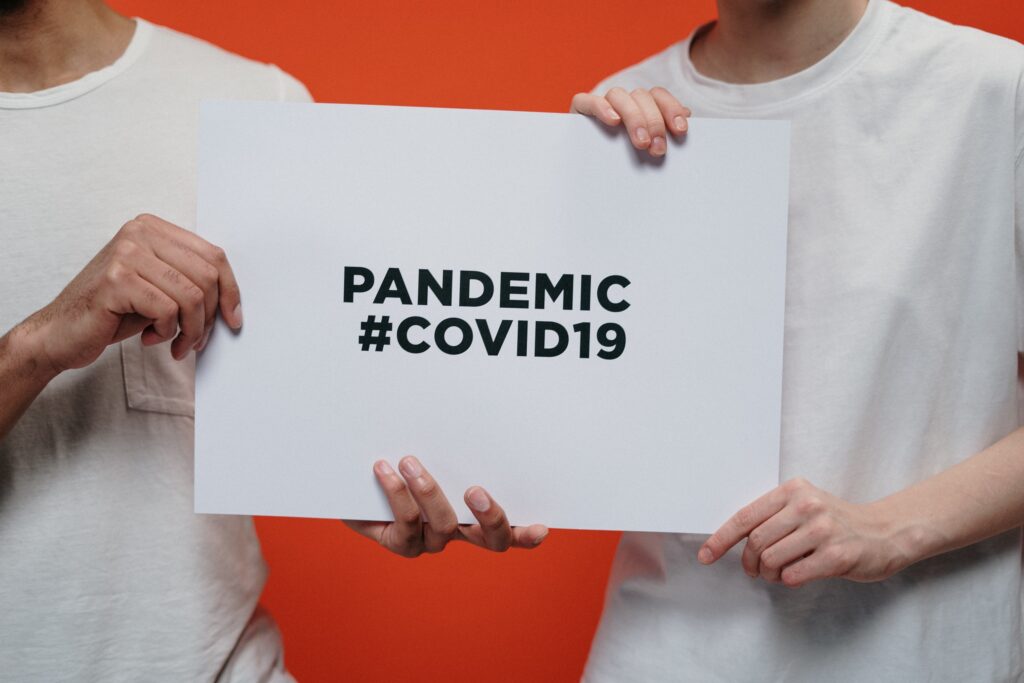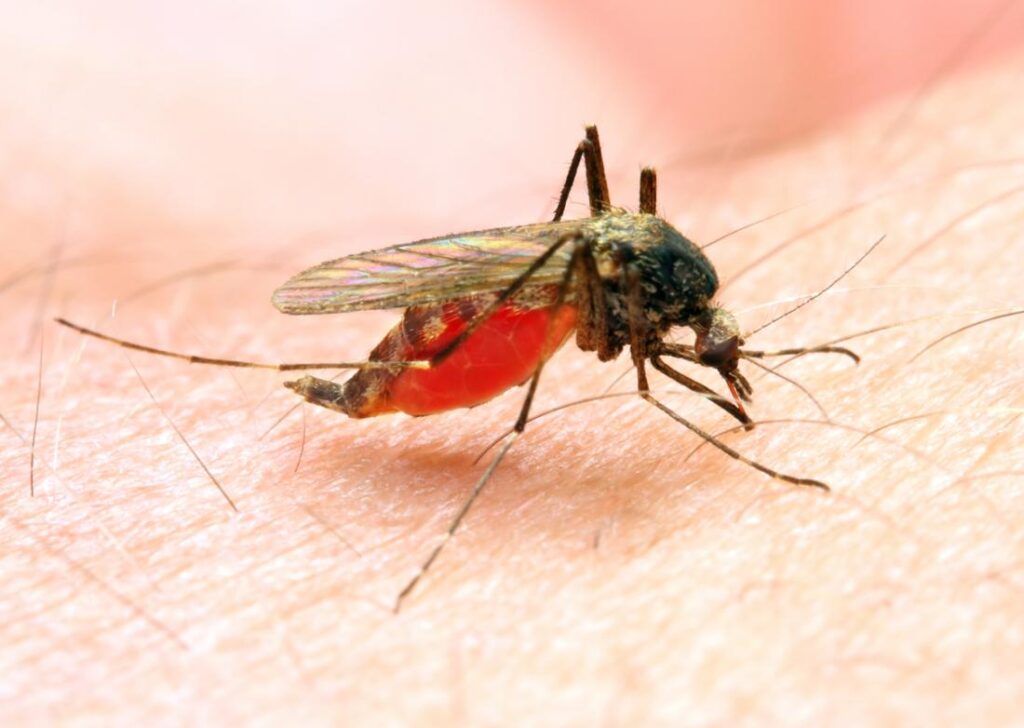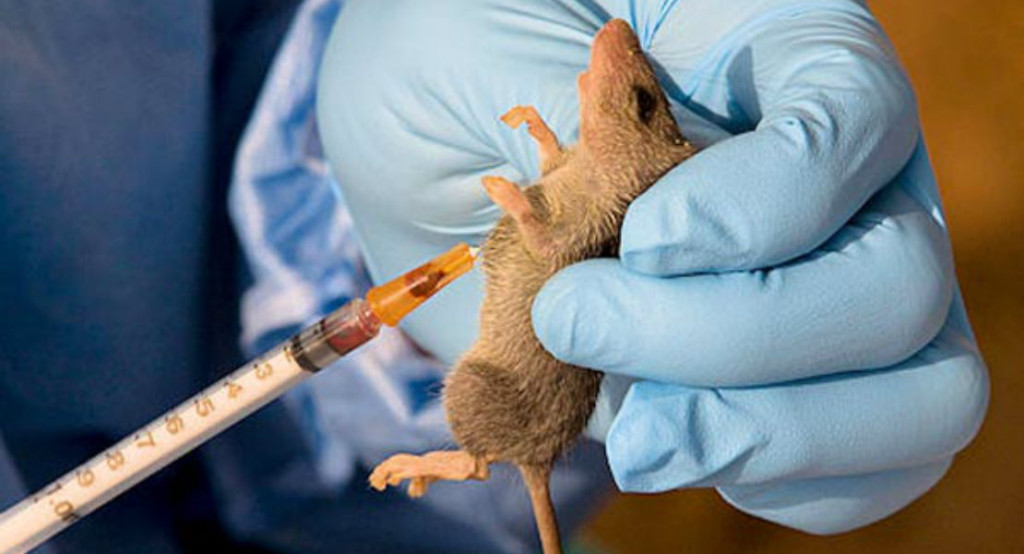From the 27th of February 2020 when the first case of the coronavirus disease was reported in Lagos, Nigeria, my opinion on Nigeria (The Government and the Governed) method of curbing the pandemic have remained the same. Please note that this post does not in anyway, aim to disregard the pain and grief of many families, owing to the fact that 2,194 deaths from and of the Coronavirus disease from February 2020 to August 10 2021, have been recorded in Nigeria.

I have always been of the opinion that if we must get governance and leadership right, then we must begin to not just copy and paste systems and solutions from the western world but tailor these systems and solutions in a way that enables them work with our peculiarity, diversity and unique problems. It’s been approximately 18months of battling coronavirus disease in Nigeria and I commend the government for swinging into action as expected of them in dealing with a global pandemic. We have religiously followed the World Health Organization’s communique and instructions on what do to in order to stop the spread of this virus – maintain social distance, avoid crowded gatherings, wash and sanitize our hands regularly, endeavor to resist the ever present urge to touch our faces, wearing a face mask and of course, a lockdown (which made contact tracing easier and containing the virus a bit more efficient). But, in the grand scheme of things and with data made available to us by the Nigeria Centre for disease control (NCDC), was coronavirus disease our biggest issue? Is COVID-19 the real pandemic in Nigeria? Was it ever a pandemic? Was it and is it the biggest threat to human lives in Nigeria?

For example; Let’s talk Malaria, to commemorate world Malaria day 2021, Nigeria’s Minster of health, Osagie Enahire said that Nigeria needs about N1.89trillion to achieve malaria prevalence rate of less than 10 percent and reduce mortality rate to less than 50 deaths per 1,000 live births by 2025. Nigeria is said to have about 53million cases and 81,640 deaths annually.

Lassa Fever; In the year 2020, Nigeria recorded 1,189 confirmed cases with 244 deaths in 27 states. This gave us a case fatality ratio of 20.5%

Just last week, a Nigerian government official reported that Nigeria is still battling 14 out of 20 Neglected Tropical Diseases (NTDs) listed by the World Health organization. NTDs are viral parasitic and bacterial diseases that mainly affect the world’s poorest people. Little wonder this is the case as Nigeria has since become the poverty capital of the world. The listed diseases include – Lymphatic Filariasis (Elephantiasis), Soil Transmitted Helminthiasis (STH), Onchocerciasis (River blindness), Trachoma (Granular Conjunctivitis), Schistosomiasis (Bilharzia), Rabbies, Leprosy, Yaws, Snakebites, Leishmaniasis, Human African Trypanosomiasis (HAT), Mycetoma and Fascioliasis. The government official and health expert stated that 122 million Nigerians are at risk of the diseases.
Just yesterday (10th of August 2021), the Nigeria Centre for Disease control called on state governments and citizens to take more proactive steps to combat the outbreak of cholera in Nigeria. Meaning there is an outbreak of cholera in Nigeria! Between 1st of January 2021 and 1st of August 2021 (7months), there have been 31, 425 suspected cases of Cholera and 816 deaths reported from 22 states. Katsina state commissioner for heath said on Saturday during the annual general meeting of the state chapter of Nigerian medical association that the state has over 1,400 confirmed cases of cholera and 60 recorded deaths. The settlements in the state capital of Gombe has been placed on red alert.
My point is, Nigerians have died and are dying daily of and from various diseases and social ills. When you take your time to read through reports and recommendations from NCDC and health experts in the country, underlying causes of these diseases and proffered solutions are the same across board – unavailability and disruption of clean water supply, poor sanitation, refuse disposal, open defecation and hygiene.
Poor sanitation and hygiene has been linked to the cause and spread of diseases like those mentioned above, to keep safe, please practice the following;
- Wash your hands with soap and water and use hand sanitizers
- Make sure to use and drink safe water – for bathing, cooking, brushing, etc
- Maintain proper toilet hygiene
- Wash fruits properly before consumption.
- Personal hygiene – clean up your home and environment.
- While I encourage us all to take the coronavirus vaccine and any ither required vaccine as soon as its made available, also pay more attention to your environment and practice proper hygiene. Do all you can to stay safe.
The government need to invest more in ensuring that the issue of availability and accessibility of clean water is given adequate attention and resources, beyond lip service and press releases. Nigeria has been in constant pandemic (for as long as i can remember) before the COVID-19 pandemic. We must do better if good health and the health care system is important to us as a nation.
Special shoutout to all health workers putting their lives and that of their loved ones at risk daily to ensure we get proper care; we love you all.





